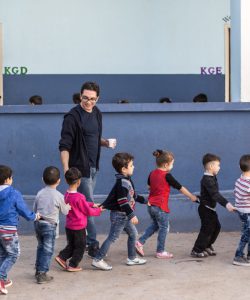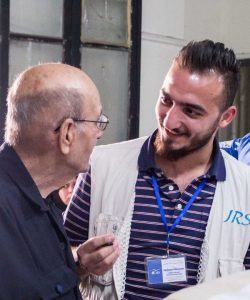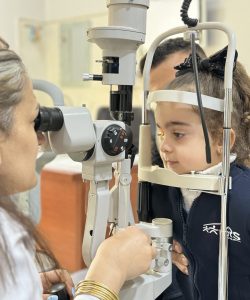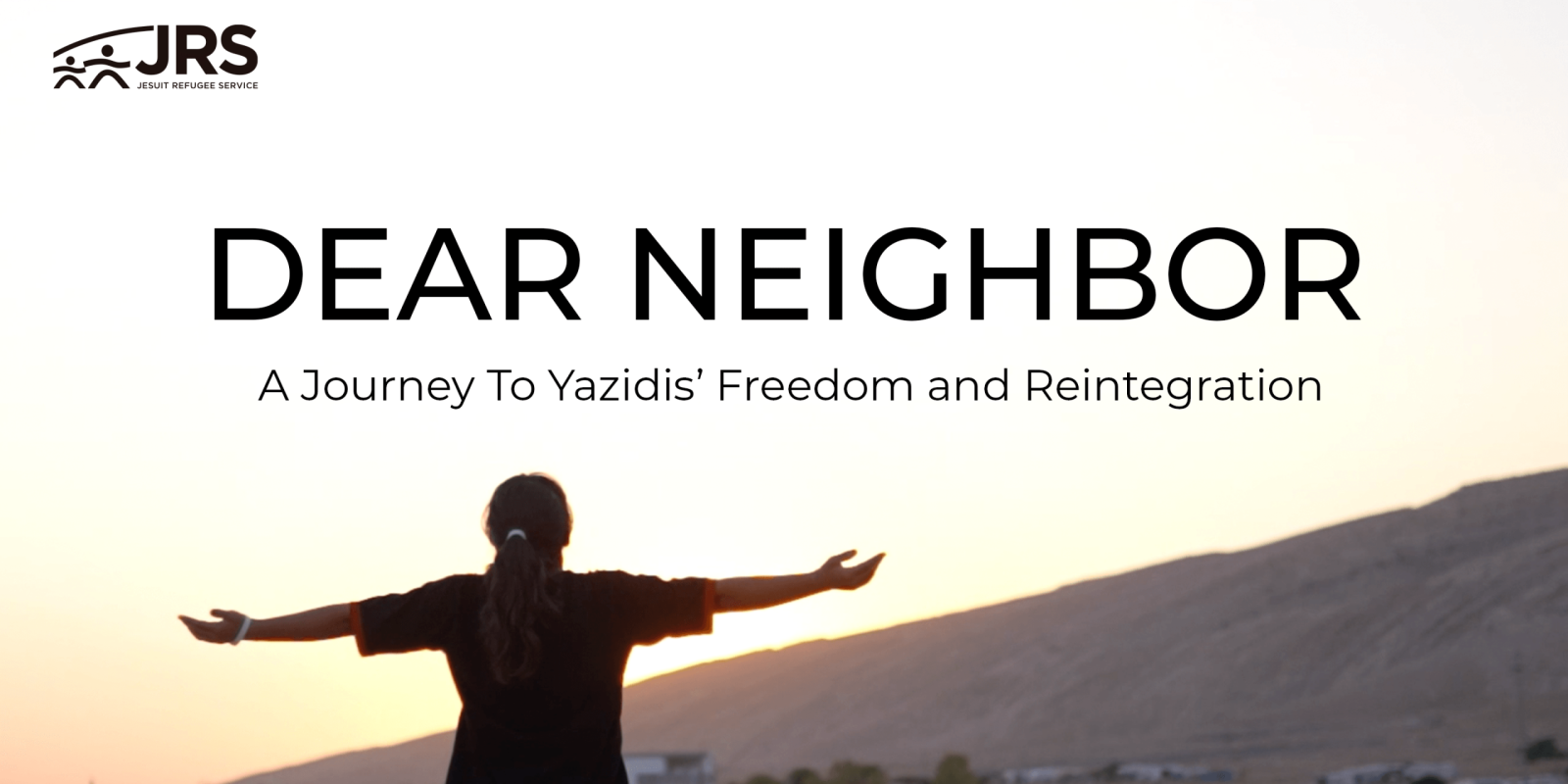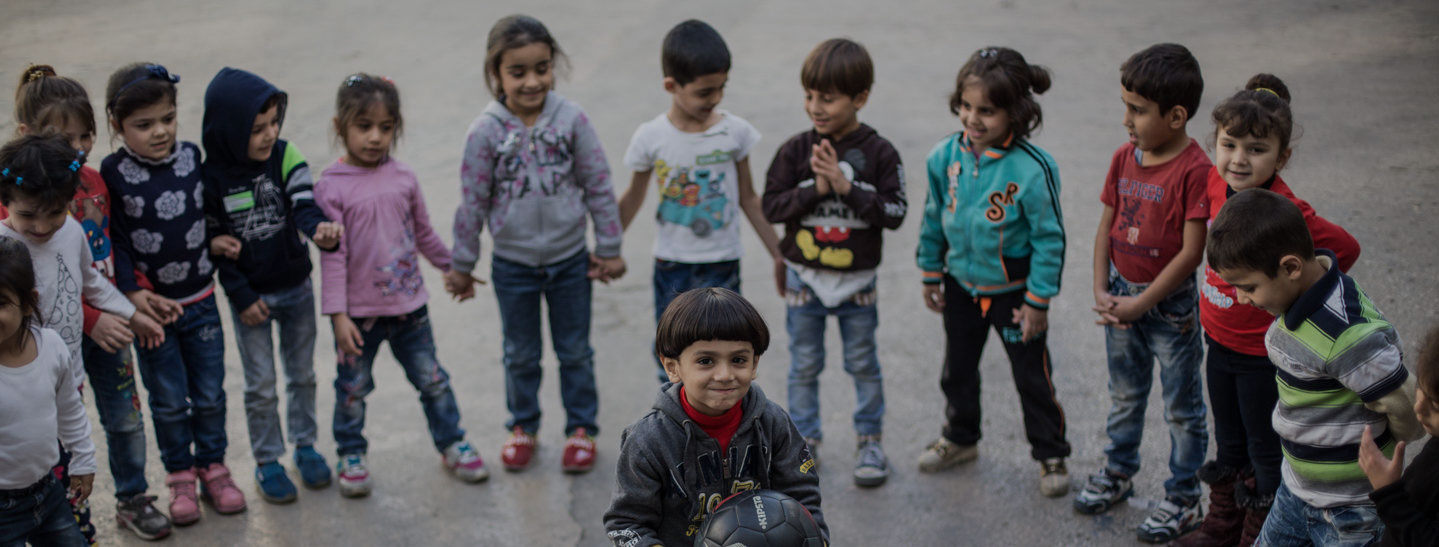Iraq
IMPORTANT UPDATE
Due to massive cuts in U.S. international aid on 24 January 2025, programmes supporting vulnerable communities in northern Iraq were forced to close. “This was a very painful decision, and most painful for the thousands of people who were welcomed by JRS in our centres. Humanitarian funding has real impacts and is necessary if we are to build community for a more peaceful, reconciled world,” said Fr. Daniel Corrou SJ, JRS Middle East Director.
Survivors remain steadfast in their fight for justice and accountability. They should not be left to pursue this struggle alone.
Background
Since October 2014, the Jesuit Refugee Service (JRS) has been accompanying, serving, and advocating for internally displaced persons (IDPs) and returnees in Iraq. Operating in various locations, JRS works through community centres to provide holistic, dignity-restoring programmes that encourage long-term resilience and healing.
Driven by a mixed team of Iraqi staff and international Jesuit and lay colleagues, our goal is to be a sign of hope—walking with the marginalized to rebuild their futures.
Iraq Context
- Widespread displacement: One in ten Iraqis is currently internally displaced, a legacy of decades of conflict (ISIS occupation and genocide against the Yazidi community).
- Severe psychological trauma: Survivors often suffer from PTSD, depression, and emotional distress—especially Yazidi and IS captives.
- Long-term instability: After years of displacement and ongoing insecurity, many IDPs face protracted instability, lack of services, and persistent vulnerability.
- Humanitarian gaps: While many displaced people live outside formal camps, basic services like healthcare, education, and livelihoods are unevenly available.
Where We Work
JRS Iraq currently operates community centres and field offices in:
– Duhok Governorate (Sharya community centre, supporting Yazidi survivors).
– Ninewa Governorate (Qaraqosh and Sinuni, serving returnees/IDPs).
– Erbil Governorate (Erbil office).
Our Core Programmes
- Education
Children’s education recovery (ages 4–18) and informal learning support.
Adult education and vocational training.
- Mental Health & Psychosocial Support (MHPSS)
Individual and group therapy, including home visits and case management.
Specialized psychiatric care and trauma rehabilitation—especially for Yazidi genocide survivors and IS captives, integrated with partner hospitals and expert psychiatrists.
- Protection & Accompaniment
Home visits to remote or informal settlements, empowering families and identifying urgent needs.
- Emergency Assistance
Distribution of food baskets, hygiene and winter kits, dignity kits, along with cash support and transportation for medical referrals.
- Community Building & Social Cohesion
Training and public awareness workshops on protection issues: GBV, child safeguarding, first aid, hygiene, women’s health, suicide prevention.

